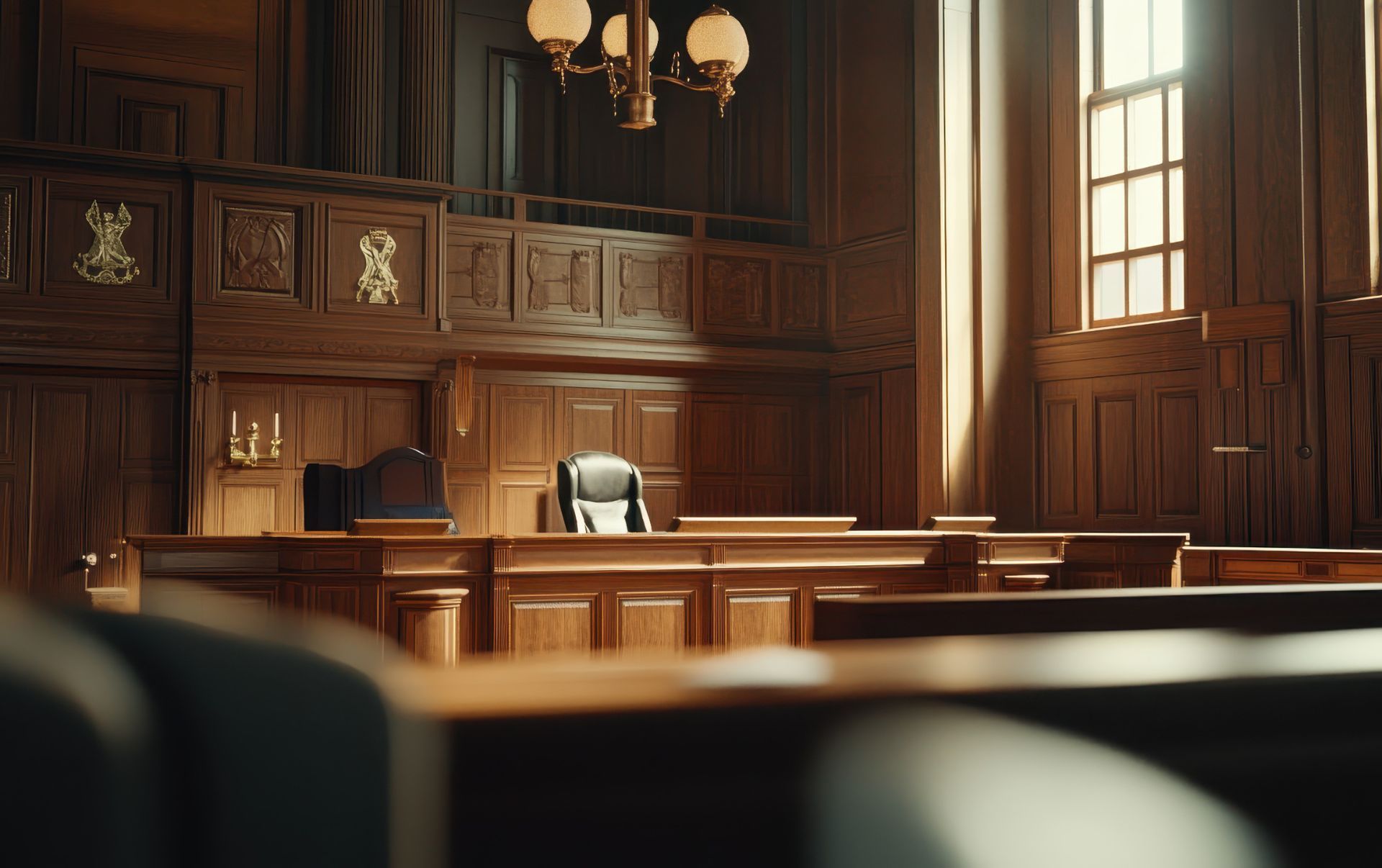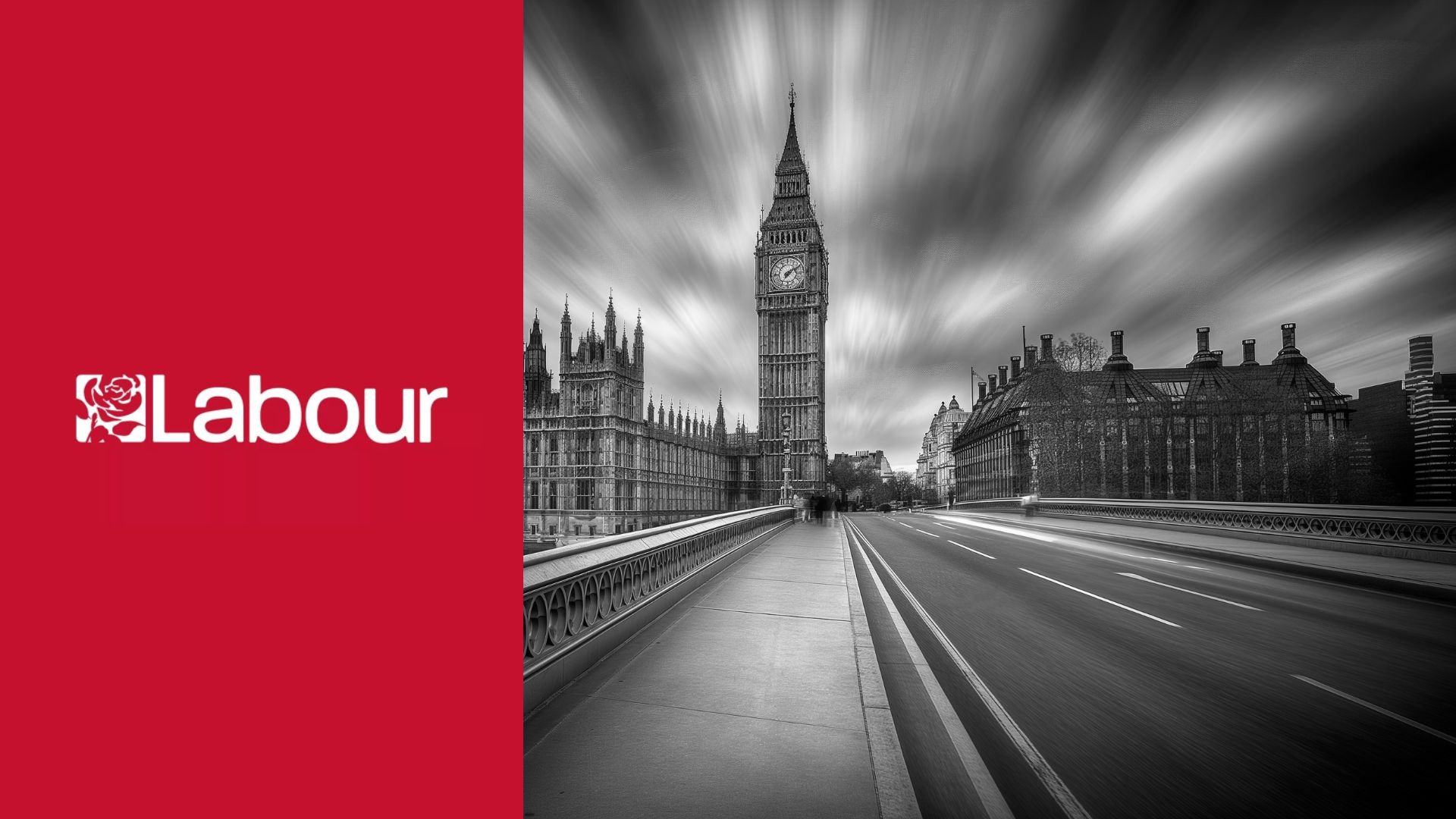Taylor v Jaguar Land Rover
Landmark case sees huge cost to Jaguar Land Rover

Background
The case of Taylor v Jaguar Land Rover was decided towards the end of 2020. It is relevant for two main reason:
Firstly, the Tribunal needed to deal with issues surrounding employees who seek to claim discrimination because of gender reassignment.
Secondly, the judgements that followed provide a stark reminder of how far the Tribunal can go when finding discrimination has occurred. The effect of the decisions in this case will be extremely costly to Jaguar Land Rover, but that is only because of the treatment to which it subjected Ms Taylor.
Legal Issues
Part of the claim was made under Section 7 Equality Act 2010, which prevents discrimination against a person for reasons of gender reassignment. Section 7 says; “A person has the protected characteristic of gender reassignment if the person is proposing to undergo, is undergoing or has undergone a process (or part of a process) for the purpose of reassigning the person's sex by changing physiological or other attributes of sex.”
Ms Taylor identifies as gender fluid/non-binary and it was initially thought that this would not be enough to meet the s7 definition which requires a person to, at least, be “…proposing to undergo…a process…for the purpose of reassigning…” their gender.
However, the Tribunal seemed to have little difficulty in finding that Ms Taylor was covered by Section 7 and had the protected characteristic of gender reassignment.
Having found she had a protected characteristic, the Tribunal went on to find that Ms Taylor was subject to discrimination from abusive jokes and insults, a lack of managerial support and difficulty in using the toilet facilities.
This case appears to extend the law on gender reassignment protection, reflecting a more liberal approach by society, by giving rights to those who identify as gender fluid/non-binary.
Cost to Jaguar Land Rover
Aside the PR disaster for Jaguar Land Rover, the case is also interesting given how vehemently unimpressed the Tribunal appears to have been with Jaguar Land Rover, not only in its treatment towards Ms Taylor while she was an employee, but also its conduct of the litigation.
As can be seen here the Tribunal reached a number of findings, including:
- "The respondent’s statutory defence to the above allegations fails, and [is] totally without merit.”
As an employer you can argue the ‘statutory defence’ in discrimination claims as a way of avoiding liability. However, to avail yourself of the statutory defence you need to have taken all possible steps to eliminate discrimination in the workplace, which, as a minimum, is likely to mean detailed polices and training [please note, if you/your managers need training on equality, diversity and inclusion this is something we can provide].
- "The claimant’s compensation shall be uplifted by 20% because of respondent’s complete failure to comply with the ACAS Code of Practice in relation to the claimant’s grievance about short term measures to assist her transitioning.”
If either you or an employee fail to comply with the ACAS Code of Practice, compensation awards can be increased or decreased by up to 25% depending on who is at fault. A 20% uplift is quite high and shows how unimpressed the Tribunal was.
- "Having heard submissions on this point, this Employment Tribunal considers it appropriate to award aggravated damages in this case because of the egregious way the claimant was treated and because of the insensitive stance taken by the respondent in defending these proceedings. We are also minded to consider making recommendations in order to alleviate the claimant’s injury to feelings by ensuring the respondent takes positive steps to avoid this situation arising again.”
As we detail below such recommendations were made.
From a later judgement available here the Tribunal went on to make the following orders:
“1 We make a statutory recommendation that the Respondent’s Board of Directors read and discuss our written reasons for this judgment at a Board meeting on or before 1 March 2021. A copy of the minutes recording that this has taken place is to be sent to the claimant by 15 March 2021.
2 The claimant’s application for costs will be heard on 22 January 2021 and directions about that have been made in a separate Case Management Order.
By consent:
3 The respondent (“JLR”) agrees to appoint one of its number as a Diversity and Inclusion Champion.
4 The respondent’s Board shall commission a report by a recognised diversity organisation, such as Stonewall, to investigate diversity and inclusion throughout JLR (to include speaking to the claimant) and produce a report setting out the current position and the steps necessary for JLR to become a “standard setting Case No: 1304471/2018 2 organisation” in the diversity and inclusion field across all the protected characteristics.
5 Thereafter, for the next five years, an expert appointed in the same way will produce an annual report of progress by reference to the original report.
6 The report referred to in paragraph [4] above, and the annual reviews referred to in paragraph [5] above, shall be made public and sent to all employees and workers at JLR, and to the Claimant.”
The final part of the order records Jaguar Land Rover’s consent to pay Ms Taylor £180,000 in settlement of the claim. Unfortunately, it does not end there. The £180,000 payment does not include Ms Taylor’s costs application, which was set to be heard on 22nd January 2021. At the time of writing, no judgement on that has been published.
The full reasons in the case can be found here. We look forward to reading Jaguar Land Rover’s reports over the next five years to see the progress it makes in this area.
If you are faced with issues of discrimination, we strongly suggest you seek expert employment law advice.
If any of the issues discussed above are a concern to you, or if you would like specific advice, please contact the writer, Matthew Kilgannon, via mk@kilgannonlaw.co.uk or on 01483 388 901.
Kilgannon & Partners LLP is a specialist employment law firm where our experienced employment law partners offer practical, prompt and professional employment law and HR advice.
8th February 2021. © Kilgannon & Partners LLP






Kilgannon & Partners LLP
Kilgannon & Partners LLP is authorised and regulated by the Solicitors Regulation Authority (number 655674)
Terms and conditions | Privacy Policy | GDPR |
Complaints |
SRA Legal Diversity Survey Website designed by
Frontup Design





